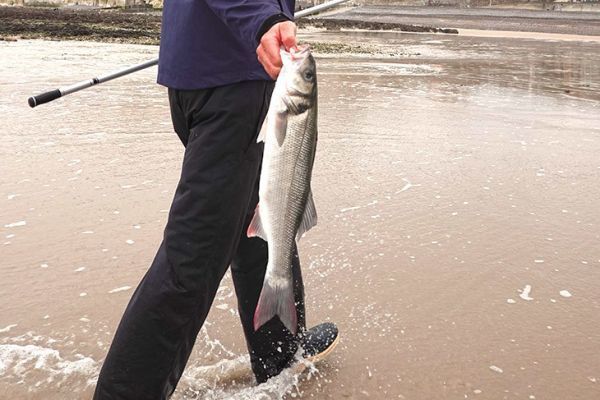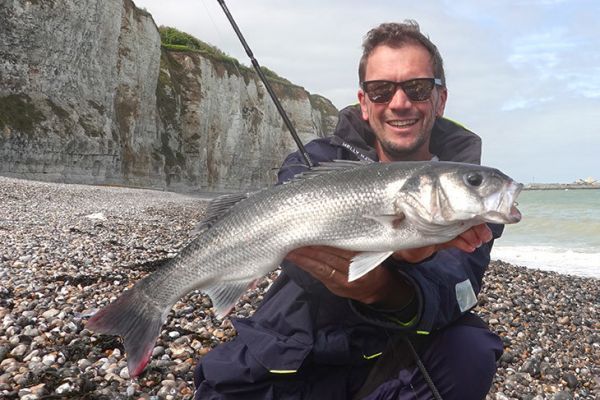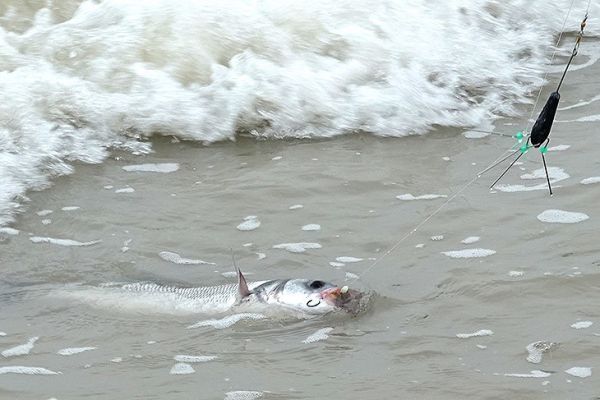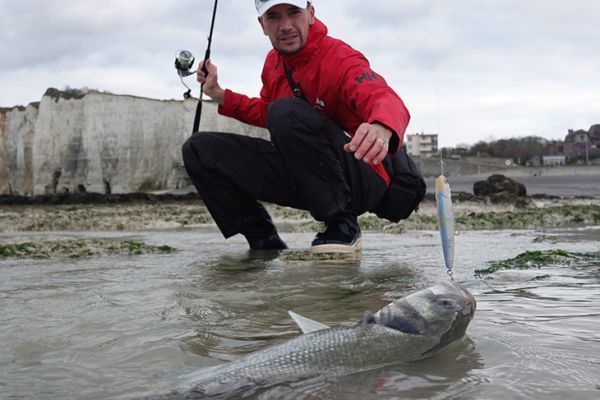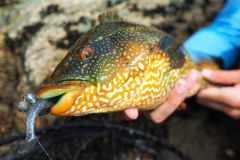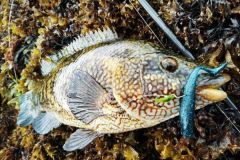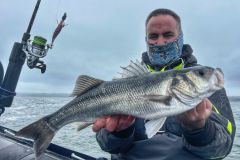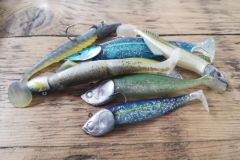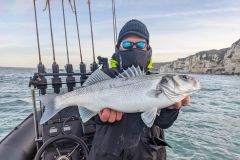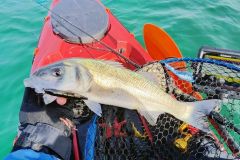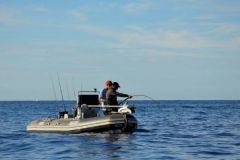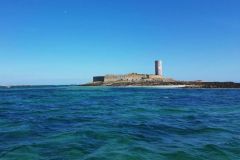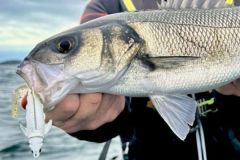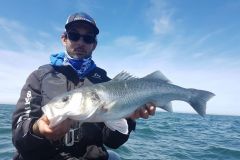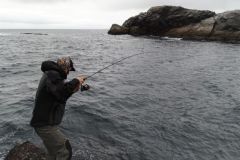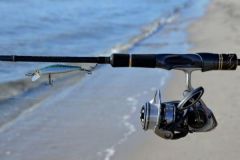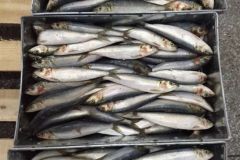In the summer of 2023, a ban on fishing sea bass from the shore was published. This came as a complete surprise to all fishermen, especially those affected from Brest to Dunkirk.
Fishing for information
Many believed it to be an infox, a misunderstanding, an old news item mistakenly reappearing. But the announcement is real.
Many fishermen went fishing for information to find out more. Some contacted the local authorities for confirmation of the announcement, which has now been confirmed. The Nord-Pas-de-Calais authorities immediately confirmed the ban. Authorities in Northern Brittany and Normandy took a few days to confirm the ban.

Authorities call for tolerance and education
In a letter dated July 14, the Pas-de-Calais DDTM confirmed this ban to federations and clubs. However, the following day, July 15, in an internal letter, the maritime affairs administrator in Boulogne-sur-Mer suggested that agents, during their inspections, should "educate people so that these regulations are disseminated and understood by all". He notes the "strong opposition" from clubs and associations, who "have already responded, indicating that an appeal will be lodged at national level".
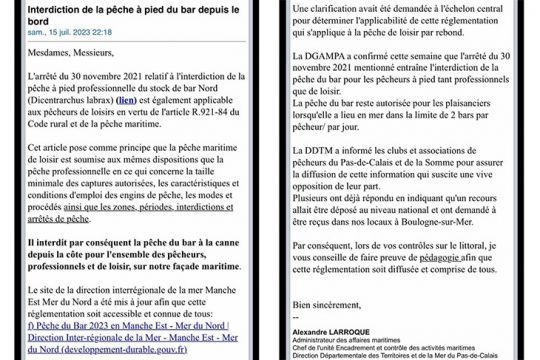
The incomprehension and anger of the local fishermen
Shore anglers see this text as discriminating against boat and industrial fishermen. Why shouldn't they be able to target and catch the same sea bass that boat and kayak fishermen can catch from their boats? Similarly, why should they be deprived of the rare sea bass they catch from the shore while factory boats operate on our coasts? The feeling of injustice was strongly expressed on social networks.


From ignorance to circumvention
Some fishermen are outraged, while others are taking action with elected representatives. We also meet some anglers who are turning a blind eye to this announcement, which they don't understand. They have clearly announced that they will turn a deaf ear and continue to practice their hobby this summer, respecting the quota of 2 sea bass per day.

Others suggest getting around the problem by fishing from an inflatable boat, which is dangerous and which, on paper, is still considered to be fishing on foot within 300 metres of the coastline, according to the DIRM-MEMN, which tells us:
"The notion of shore fishing is another way of referring to fishing on foot. This is carried out from the public maritime domain (with or without the possibility of having one's feet in the water), as defined in article L2111-4 of the Code général de la propriété des personnes publiques".


